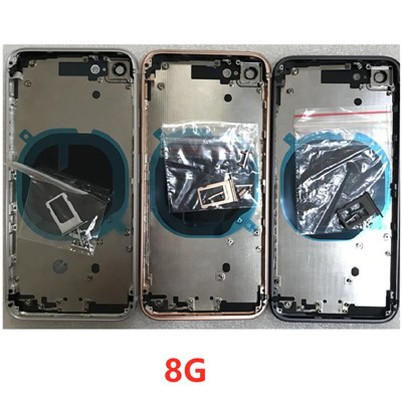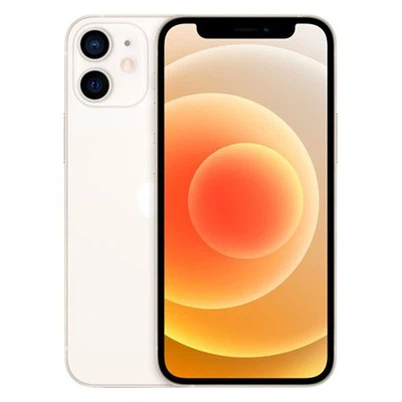A Simple Guide To Contract Phones (Including SIM-Locked Devices): What You Need To
Leave a message
Contract phones, including SIM-locked devices (often called "卡贴机" in Chinese), let you buy a phone at a lower price by signing a long-term contract with a mobile carrier. However, they come with restrictions and risks you should understand before buying. Here's a straightforward breakdown:
1. What Are Contract Phones and SIM-Locked Devices?
Contract Phones:
You sign a contract (usually 1-2 years) with a carrier to get a phone at a discounted price.
You pay monthly fees for a bundled talk/text/data plan.
The phone is "locked" to that carrier's network until the contract ends.
SIM-Locked Devices:
These are a type of contract phone, often from foreign carriers (e.g., U.S.-locked iPhones).
They require a special "卡贴" (SIM卡贴) to bypass the network lock and work with other carriers' SIM cards.
How to Spot a SIM-Locked Device:
SIM Card Issues: If you insert a non-approved SIM, it shows "Invalid SIM" or won't activate.
Strange Carrier Name: Check your phone settings. If the carrier name is in English or looks odd (e.g., "vodafone IE 14.0"), it's likely locked.
Update Risks: Updating the phone's software might break the unlock, forcing you to reset the 卡贴.
Use IMEI Tools: Websites like IMEI.info can check if your phone is locked.
2. Limitations of Contract/SIM-Locked Phones
Network Restrictions:
You're stuck with one carrier unless you use a 卡贴. Even then, signals may drop often or show "No Service."
Switching SIM cards? You'll need to reset the 卡贴 every time-it's annoying!
Software and Functionality Issues:
System Updates: Upgrading your phone's OS might break the unlock. Fixing it requires technical hacks (like finding new ICCID codes).
No Warranty: Most SIM-locked phones are imported and not covered by local warranties. Repairs cost extra.
Contract Problems:
Long-Term Costs: You'll pay monthly fees for 1-2 years. Quitting early means huge penalties.
Rigid Plans: If your carrier's plan doesn't fit your needs (e.g., too much data, not enough calls), you're stuck wasting money.
3. Pros and Cons of Contract/SIM-Locked Phones
Pros:
Cheap Upfront Cost: Pay less upfront for a new phone (great if you're on a budget).
Bundled Deals: Monthly plans often include generous talk/text/data at lower rates.
Access to New Tech: Get the latest phones (like 5G models) without paying full price.
Cons:
Higher Long-Term Costs: Total contract fees might exceed buying a phone outright + a cheaper plan.
No Flexibility: Can't easily switch carriers or phones during the contract.
Unreliable for Travelers: SIM-locked devices may struggle with foreign SIM cards or network issues.
Who Should Buy One?
Good For: Budget-conscious users who want a new phone, or heavy data/talk users.
Bad For: Frequent travelers, people who like switching carriers, or those who upgrade phones often.
4. Tips Before Buying
- Read the Contract: Check monthly fees, penalties for quitting early, and plan details.
- Pick Trusted Carriers: Choose carriers with good coverage and fair unlocking policies (e.g., AT&T phones are easier to unlock later).
- Avoid "Free Phone" Traps: "Buy for free" deals often hide high long-term costs-calculate total expenses first!
Final Thoughts
Contract and SIM-locked phones save money upfront but limit your freedom. They're best for users who prioritize low initial costs over flexibility. Always weigh the risks and read the fine print-don't let a cheap price tag trick you into a bad deal!







